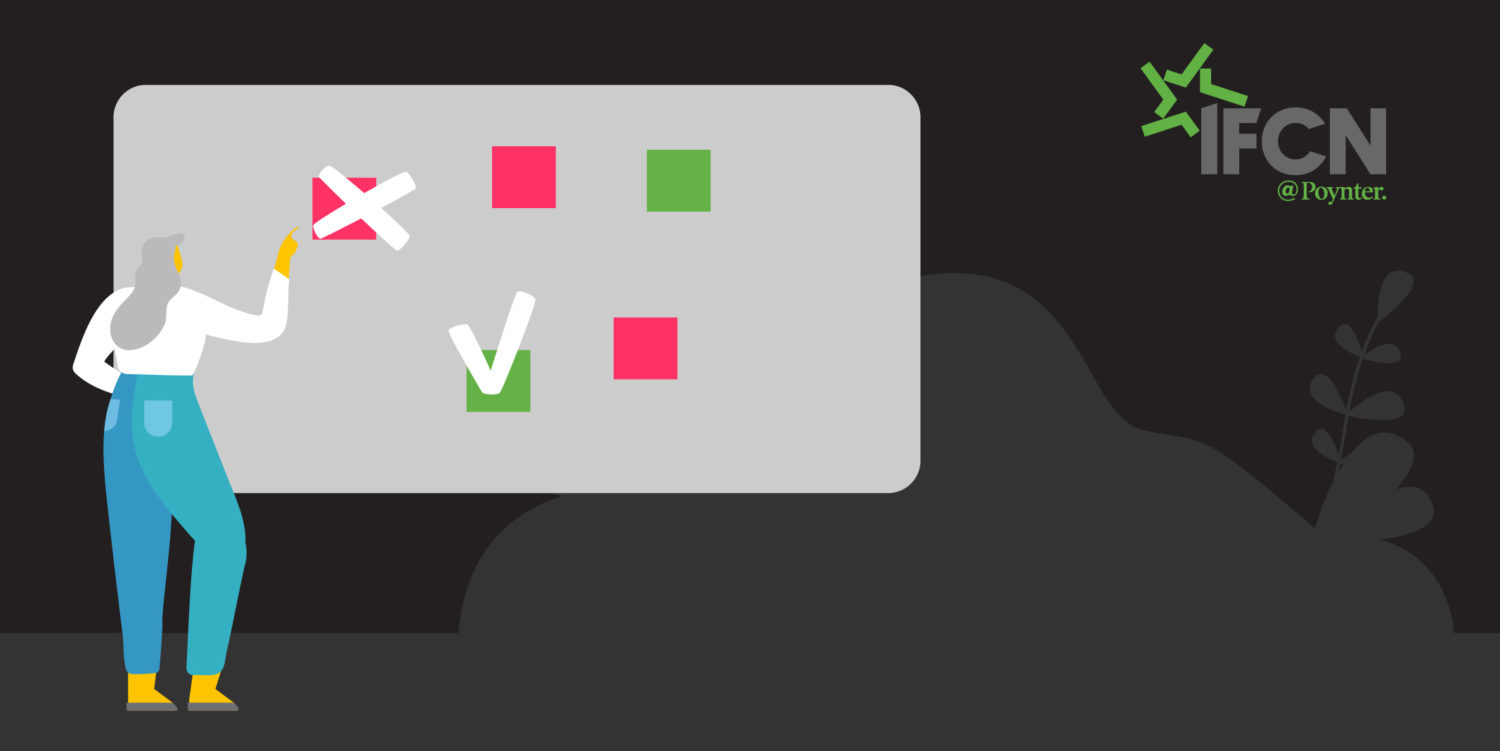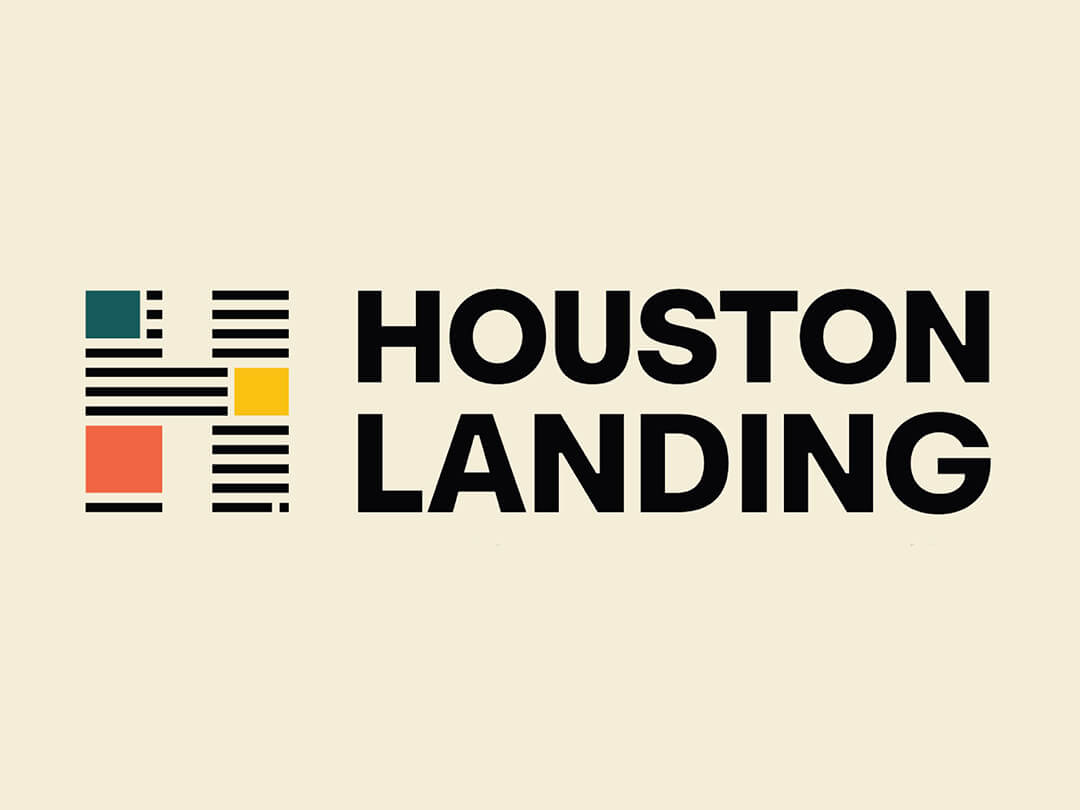April 2 started for the International Fact-Checking Network (IFCN) with a strong call to action. “Let’s re-energize! Let’s make the world hear us — and our call for support.”
It was the third International Fact-Checking Day, the best moment of the year to defend the importance of fighting misinformation. Worldwide, fact-checkers took to social media to rally around facts.
Many fact-checkers are working in tough environments. Some are struggling to pay bills. There are some who have bigger teams than others. Some have more structure than others. But IFCN aims to bring fact-checkers together, offer them tools, advocate for their role and uphold the highest standards in their practice in the pursuit of truth. Our passion for seeking the truth is what brings us together and the International Fact-Checking Day is the way we found to celebrate our common value.
Two hashtags were used during the celebration. According to TweetReach, at least 2 million Twitter accounts were reached by #FactCheckingDay and #FactCheckIt, generating more than 4.6 million impressions in less than 24 hours. The IFCN posted a long thread, announced EduCheckMap, a lesson plan and a series of tip sheets and quizzes. It kept the content alive throughout the day.
FactCheckingDay.com had visitors from almost every country in the world, according to Google Analytics. In 24 hours, the website welcomed 4,822 unique visitors conducting 5,518 sessions. Almost half of the traffic was direct, a proof of how far the word had been spread and how the day benefitted from the legacy of the first two International Fact-Checking Days.
This year’s five-minute video honoring the fact-checking community, made from more than 150 initiatives, was viewed 1,345 times in one day. The fact-checking network once again demonstrated its mobility and diversity by offering this content in multiple language subtitles. It was translated into Turkish and Portuguese, among other languages.
A special version of Factually, the IFCN’s weekly newsletter, was sent to more than 9,500 subscribers. It reaffirmed its position as one of the most powerful tools to communicate what happens in the fact-checking world (subscribe here).
Traditional media also celebrated International Fact-Checking Day. The Politico Morning Media newsletter mentioned it, as did interviews published by the International Journalists’ Network and regional media outlets. It was spotlighted in Snapchat stories from NBC News’ Stay Tuned, PBS NewsHour Student Reporting Labs and on the YouTube Learning channel as a lead playlist. There was international media coverage in Brazil, Ukraine and Italy, among others.
International Fact-Checking Day was created in 2016 and first celebrated on April 2, 2017. It is a rallying cry for more facts in politics, journalism, and everyday life. It also serves as a moment for fact-checkers to take a deep breath and feel the energy of being part of an international community.
The difference between fact-checkers and others is that we believe we can somehow change things and impact the world in a good sense. And it looks like we are getting there. IFCDay’s numbers are impressive and will surely keep growing, just like the network itself.
FactCheckingDay.com will be kept online year-round so that anyone can visit and download its free content. EduCheckMap, built by Chequeado, will be consistently updated with more anti-misinformation activities for those who teach fact-checking and news literacy.
Turning this year’s International Fact-Checking Day into a call to action for educators was a collaboration among Poynter’s fact-checking projects, including PolitiFact and MediaWise, an initiative funded by Google in partnership with Stanford University to teach teens to determine facts from fiction online. As a group of journalists and experts focused on delivering factual information, we wanted to reach out to teachers directly so they can help us build a better and well-informed society. The IFCN, MediaWise, PolitiFact and Poynter see this as the first step toward future and robust collaborations.
And there is no doubt the idea of working closely with teachers will come up during Global Fact 6. Our annual summit will be in June in Cape Town, South Africa. Throughout our two-day meeting, we will also start planning the 2020 International Fact-Checking Day. Keep an eye on this community here. We are growing.








